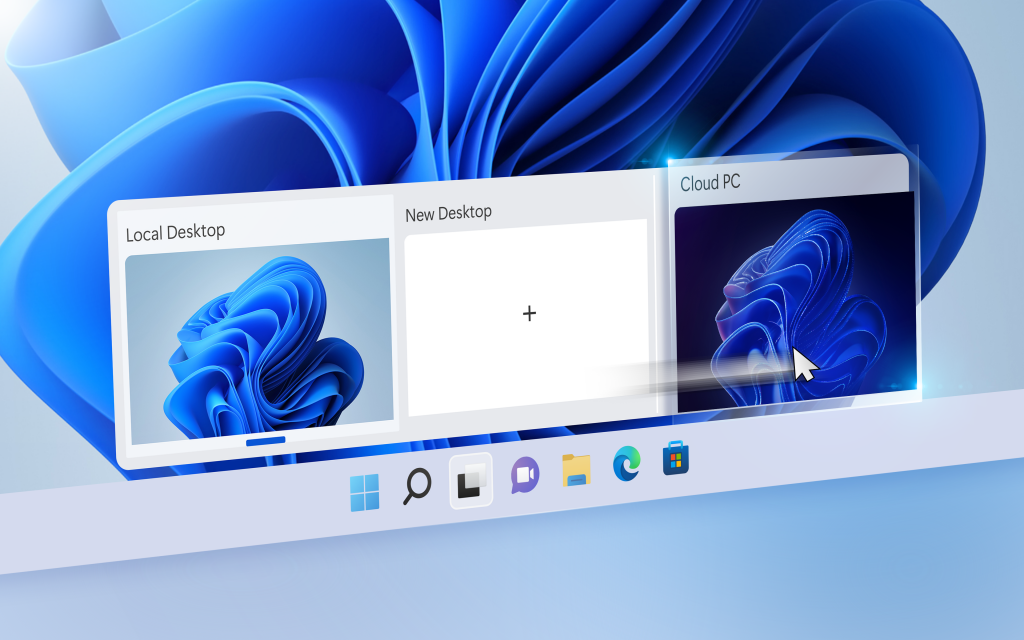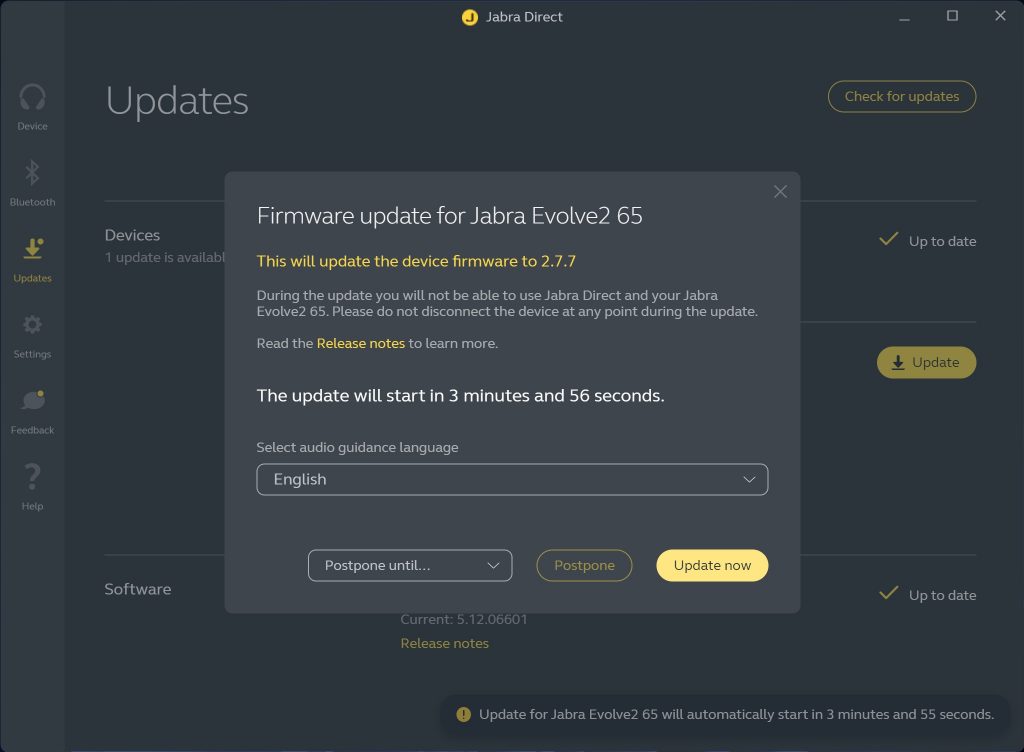Danny hat diesen wunderbaren Vergleich von Headsets auf Youtube, wo man eindrucksvoll hören kann, was diese Mikrofone leisten. Ich will ihn kurz kommentieren:
Voyager 5200: sehr gute Geräuschunterdrückung, leicht auf dem Ohr, nur kurze Batterielaufzeit. Leider haben wir aktuell immer noch Probleme mit neuen Geräten. Da steht außerdem ein Retrofit von BT600 auf BT700 ins Haus.
Voyager 4320: tolles Headset ohne ANC, uneingeschränkt zu empfehlen. Ich spreche relativ leise und das kommt manchmal auch so rüber.
Voyager Focus 2: noch eine Nummer besser als das 4320, mit ANC, aber einem Pferdefuß. Das Headset hat noch einen MicroUSB-Anschluss. Die Fummelei tue ich mir nur ungern an. Das Headband hat eine besonders komfortable Gestaltung, quietscht bei mir aber auch beim Laufen.
Jabra Evolve2 65: dieses Headset habe ich am meisten empfohlen. Der Bitly-Link zu diesem Headset (https://bit.ly/clubhouse-headset) zählt Tausende von Clicks. Konkurrenzprodukt zu Voyager 4320. Kein ANC, beste Stimmaufnahme, wunderbarer Klang und exorbitante Batterielaufzeit.
Jabra Evolve2 75: das ist mein neuer Favorit. Konkurrenzmodell zum Voyager Focus 2, das heißt, es hat ebenfalls ANC. Einklappbarer Mikrofon-Arm. Bestes Ladedock von allen, superbequem. Aber auch deutlich teurer als das 65.
Jabra Evolve2 85: einziges Overear-Modell, das mit den Polstern auf dem Schädel und nicht den Ohren aufliegt. Von der Funktion her mit dem 75 vergleichbar. Das war meine Hoffnung auf ein universelles Headset, bei dem man den Mikrofonarm einklappen kann. Leider ist er zu kurz und reibt an meiner Wange. Ich verlinke ihn auch gar nicht, sondern würde heute nur noch den 75 ins Auge fassen.
Von den EPOS Adapt im Test habe ich mehrere Modelle getestet und ich finde die Sprachaufnahme zu schlecht. Die kommen in lauten Umgebungen nicht so gut weg wie Poly und Jabra. Logitech Zone Wireless dagegen funktioniert noch akzeptabel, ist mir aber auf dem Kopf unsympathisch, weil die sich die Ohrmuscheln zu wenig drehen. Yealink kenne ich nur von Kommentaren eines Lesers, aber das Unternehmen kopiert mir zu unverschämt. Die Knochenschallkopfhörer haben mir eine zu schlechte Klangwiedergabe.
Bleiben drei bis vier Modelle: Poly Voyager 4320 und Jabra Evolve2 65 je nach Affinität zum Hersteller. Poly Voyager Focus 2 sowie mein Favorit Jabra Evolve2 75 wenn man gerne ANC haben möchte und das Mikrofon nicht so abstehen soll, wenn man es nicht braucht. Die beiden Jabras klingen so gut, dass ich sie mir als einzige Kopfhörer vorstellen kann.



